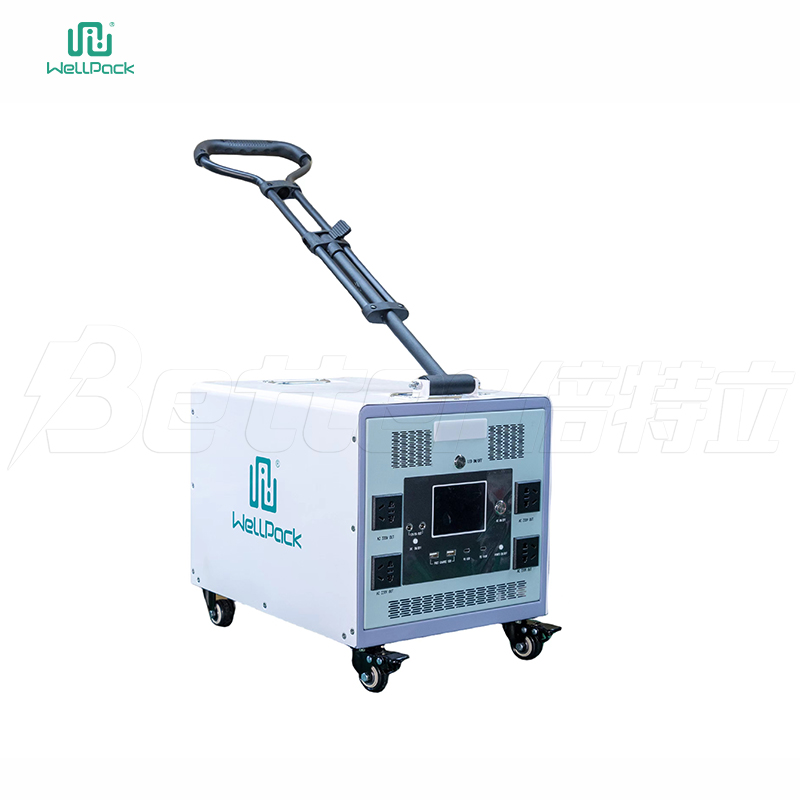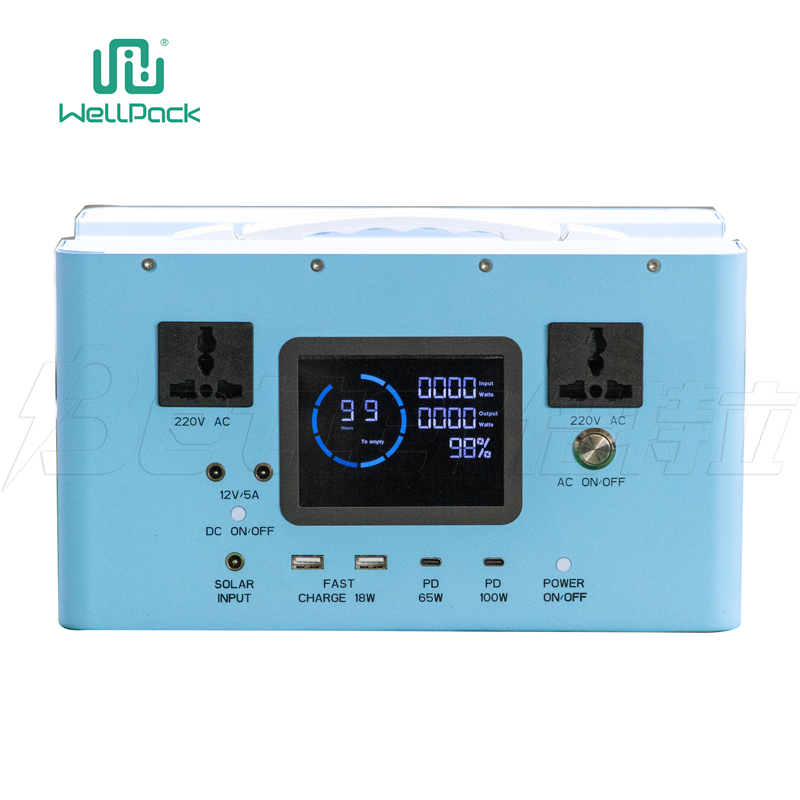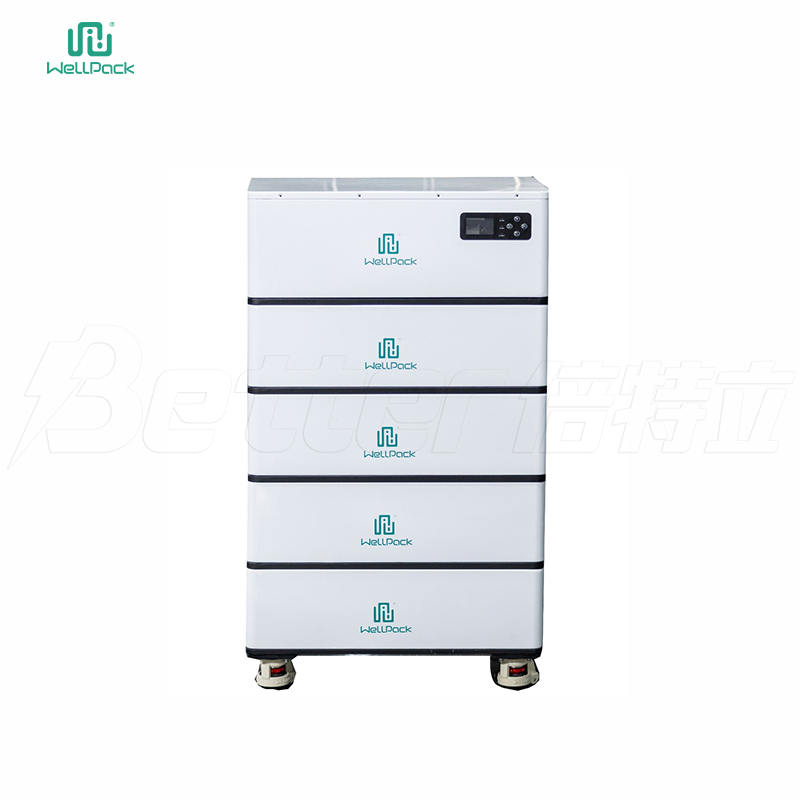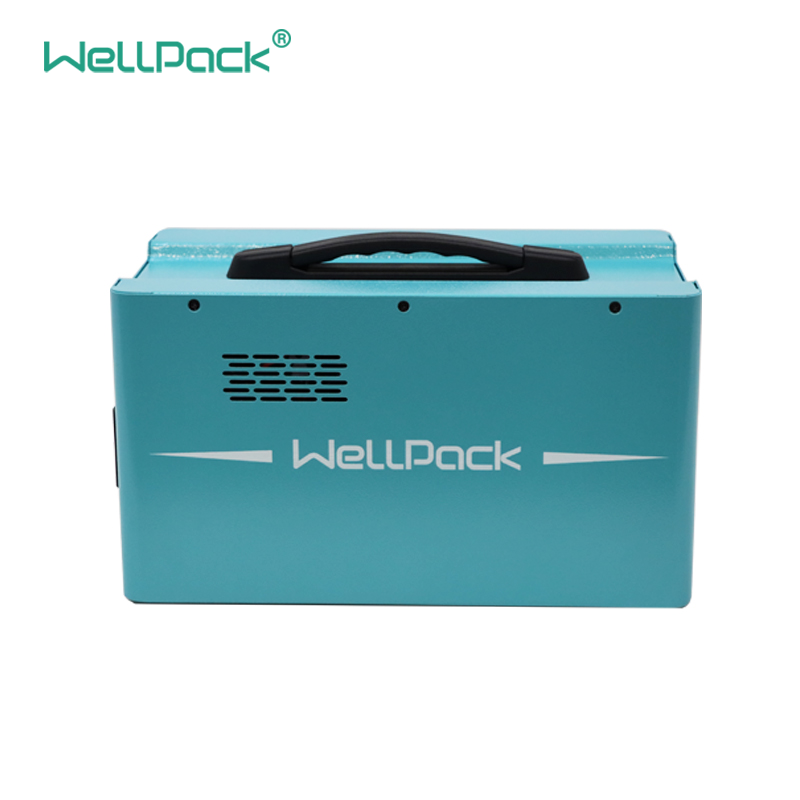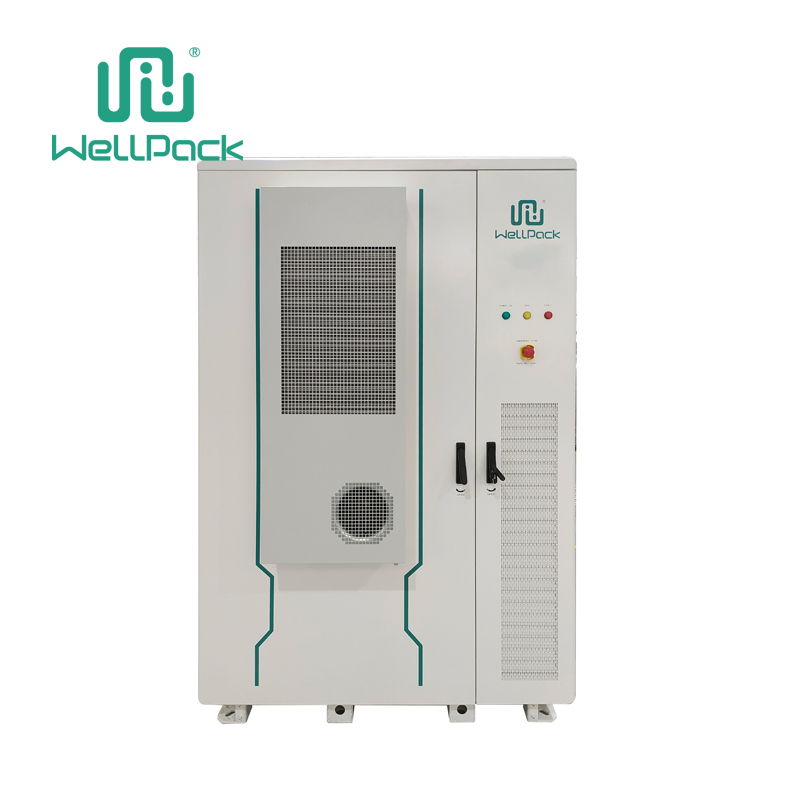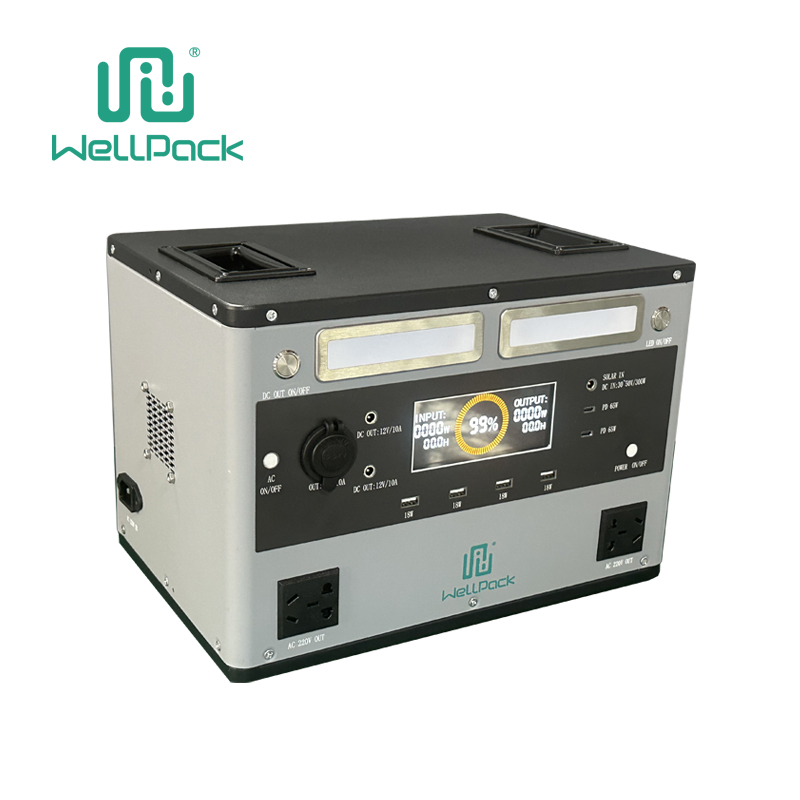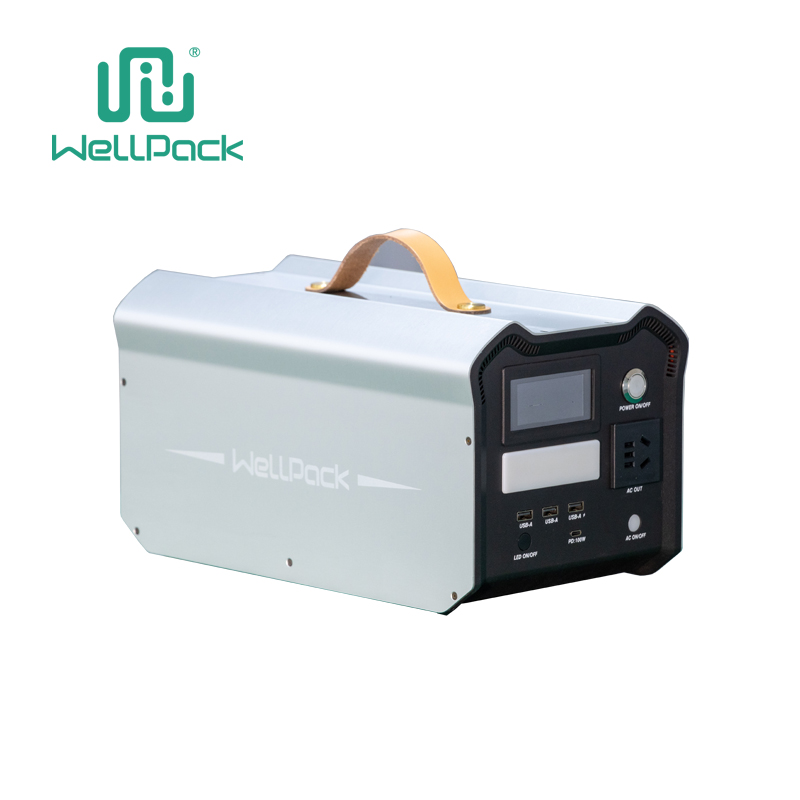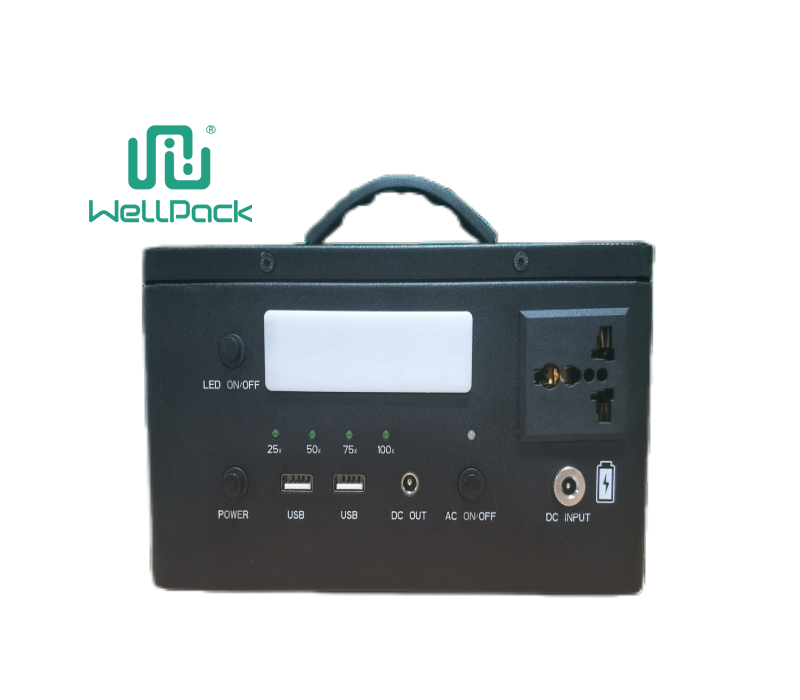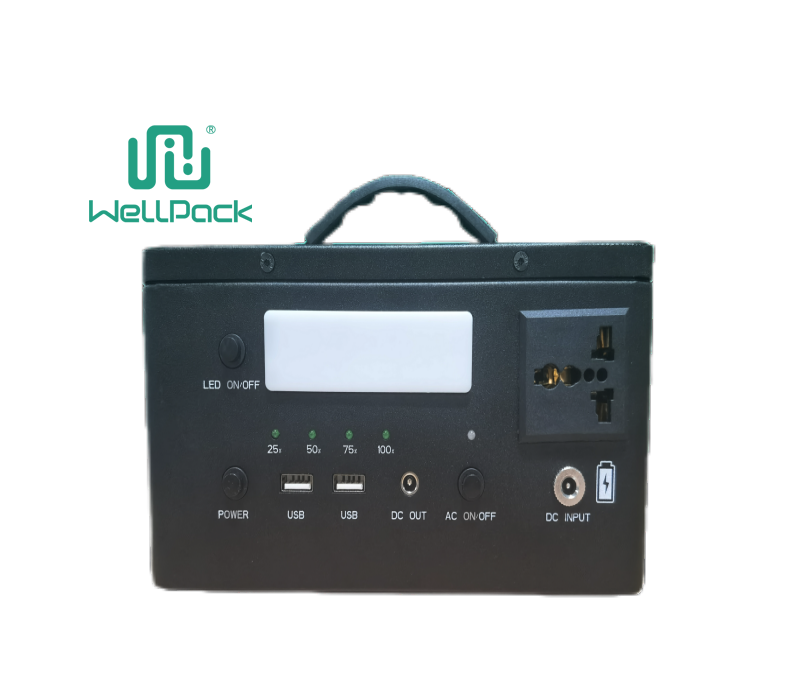Introduction
The 18650 li-ion battery has become a ubiquitous power source, powering everything from smartphones to electric vehicles. While these batteries offer impressive energy density, they also present potential hazards if mishandled. To ensure your safety and prevent catastrophic consequences, understanding 18650 battery safety is paramount.
Understanding 18650 Battery Risks
18650 li-ion batteries, while efficient, can be prone to thermal runaway, a condition where the battery rapidly overheats, leading to fire or explosion. Other risks include short circuits, overcharging, overdischarging, and physical damage. These factors can compromise battery integrity and increase the likelihood of accidents.
Prioritizing 18650 Safety
Choose Reliable Brands: Opt for 18650 li-ion batteries from reputable manufacturers known for stringent quality control.
Proper Storage: Store batteries in a cool, dry place away from heat sources and flammable materials. Utilize dedicated battery cases to prevent short circuits.
Safe Charging Practices: Employ chargers specifically designed for 18650 batteries and avoid overcharging. Monitor the charging process and disconnect the battery once fully charged.
Prevent Overdischarge: Avoid completely draining the battery to prolong its lifespan and reduce safety risks.
Handle with Care: Protect your 18650 batteries from physical impact, punctures, or crushing.
Safe Transportation: When transporting batteries, use protective packaging and adhere to shipping regulations.
Safe Charging and Storage for Your 18650s
Invest in a Quality Charger: Utilize a charger specifically engineered for 18650 li-ion batteries.
Constant Monitoring: Keep a watchful eye on the battery during charging and avoid unattended charging.
Individual Storage: Store batteries separately to prevent accidental contact and short circuits.
Temperature Control: Maintain a consistent temperature environment for your batteries.
Emergency Procedures
Immediate Evacuation: In case of signs like swelling, overheating, or smoke, swiftly evacuate the area.
Avoid Water: Water can intensify the fire; refrain from using it to extinguish a battery-related fire.
Fire Extinguisher: If the fire is contained, use a fire extinguisher suitable for lithium-ion battery fires.
Professional Assistance: Contact emergency services immediately.
Conclusion
Safeguarding your 18650 li-ion batteries is crucial to prevent accidents and ensure your safety. By following these guidelines and prioritizing safety, you can minimize risks and enjoy the benefits of these powerful energy sources.
Remember, knowledge is power. Educate yourself about 18650 battery safety, and share this information with others. Together, we can create a safer environment for everyone.
If you have any questions or concerns about 18650 battery safety, please don't hesitate to contact us. Our experts are here to assist you.

